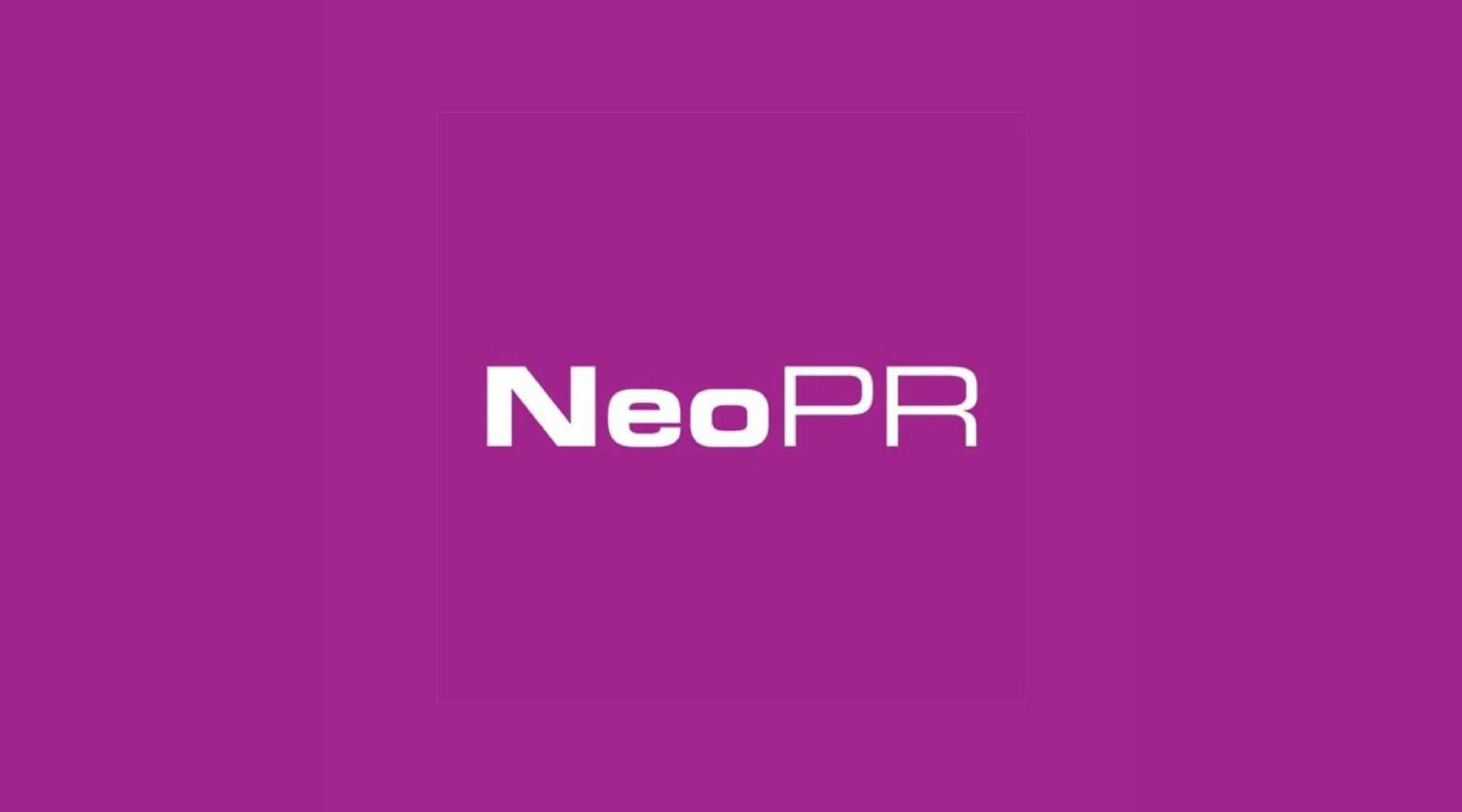How Neo PR has used Sign In App to enable new ways of flexible working

Say goodbye to 9-5
It’s safe to say that in 2018, traditional working practices including ‘working nine-to-five’ are not an attractive look for the millennial generation, many of whom are instead looking to find employment with companies that embrace more flexible working conditions. With millenials already the largest generation in the workforce, it’s a vital demographic which no organisation can afford to ignore.
On a global scale, employers are increasingly adopting policies to support flexible and remote working. It’s a sensible move. Consumer expectations are rapidly changing in line with technological advancements, forcing employers to rethink traditional operations and create modern, digital workplaces that also support the work-life balance through flexible working. Furthermore, from the employer’s point of view, there are also impressive productivity gains to be embraced through the team-wide visibility of who is working, and when.
Signing up and clocking on
Neo PR is a B2B technology PR agency operating out of one office in the Buckinghamshire countryside and another in central Farnham. With a strong, growing team consisting of mostly millennials, Neo PR’s Managing Director, Ashley, recognised the need to deploy a technology solution that would support Neo PR’s flexible working policy and enable all employees to have the work-life balance they wanted.
“When we introduced our flexible working policy, we did it because we understood that working nine-five is just not an option anymore. Our employees told us that they wanted to be able to either start work earlier or leave work later to fit around their personal commitments, and we listened. As a result, we’ve seen a happier, loyal and more engaged workforce,” explained Ashley.
And Neo PR isn’t alone, as figures show that 65% of employees who work flexibly are more satisfied with their jobs and report a better work-life balance. Dan Harding, Director of Sign In App, says how Neo PR has taken the solution beyond a visitor management platform. "Neo PR’s flexible working policy, on top of its two office locations and multiple freelance writers working remotely, meant that the core of the Sign In App solution – which is primarily used as a visitor management platform – wasn’t the only priority for the business.”
Ashley adds, “we have visitors coming to our offices weekly, but primarily what we needed was a solution to support our flexible working policy and show other organisations that it needn’t be as difficult as they think it will be. Management teams need to stop being dinosaurs and get out of the dark ages: the standard ‘working day’ doesn’t exist anymore and the organisations that pretend it still does will fail to attract the millennial workforce they need.”
Trust, visibility and collaboration
Research shows that almost a third (30%) of people would choose a flexible working policy over a pay rise, and 70% feel that flexible working makes a job more attractive to them. Time is a motivator for many millennials; they want to be able to complete a full working day – and they want to work hard – but they also want to be able to spend time outside of work fulfilling their goals in other areas.
However, with a total of 61% of employers saying they offer flexible working to their employees, it’s not always a case of employers needing to be persuaded of the advantages; the challenge comes in knowing how to establish policies and governance that fairly respect the needs of the employee and the needs of the organisation.
Until recently, the metrics of flexible working policies have relied heavily on goodwill, where employees self-report the hours they work and managers take them at their word. It’s a good approach and indicates healthy levels of trust between management and their teams. However, the absence of hard data makes it difficult to measure the true effectiveness of a flexible working policy or determine whether it is being applied consistently and fairly across an organisation. In some companies, the lack of an evidence-base can cause anxiety amongst HR and senior leaders that creates a barrier to the adoption of flexible working models and prevents employees from reaping the benefits. This doesn’t need to be the case.
Ashley agrees, “we were happy with our flexible working policy, but the challenge came when we realised we needed to have clear visibility of who was working where, and when, especially across our two offices. We trust our employees, but having something in place to future-proof our new way of working was essential.”
In order for any flexible working policy to be effective and beneficial for both the employer and the employee, visibility is key. Dan adds, “having a live, real-world evidence-base helps businesses measure and adapt their flexible working practices, plan resources and collaborate effectively across organisational boundaries. What’s more, in an era where channels of business communications are ‘always on’ and can cross the boundaries between our professional and personal lives, it’s essential to be able to show not only when you’re working but also – crucially – when you’re not. That’s the very essence of work-life balance.”
Ashley concludes, “it’s time for more organisations to clock on to how to successfully implement their flexible working policies; the technology available means that a simple solution is ready for the taking. Putting these strategies in place shouldn’t be a case of if or when, it should be a case of now. I’m confident that the benefits we have seen to our organisation and our employees can also be achieved in many other businesses too.”